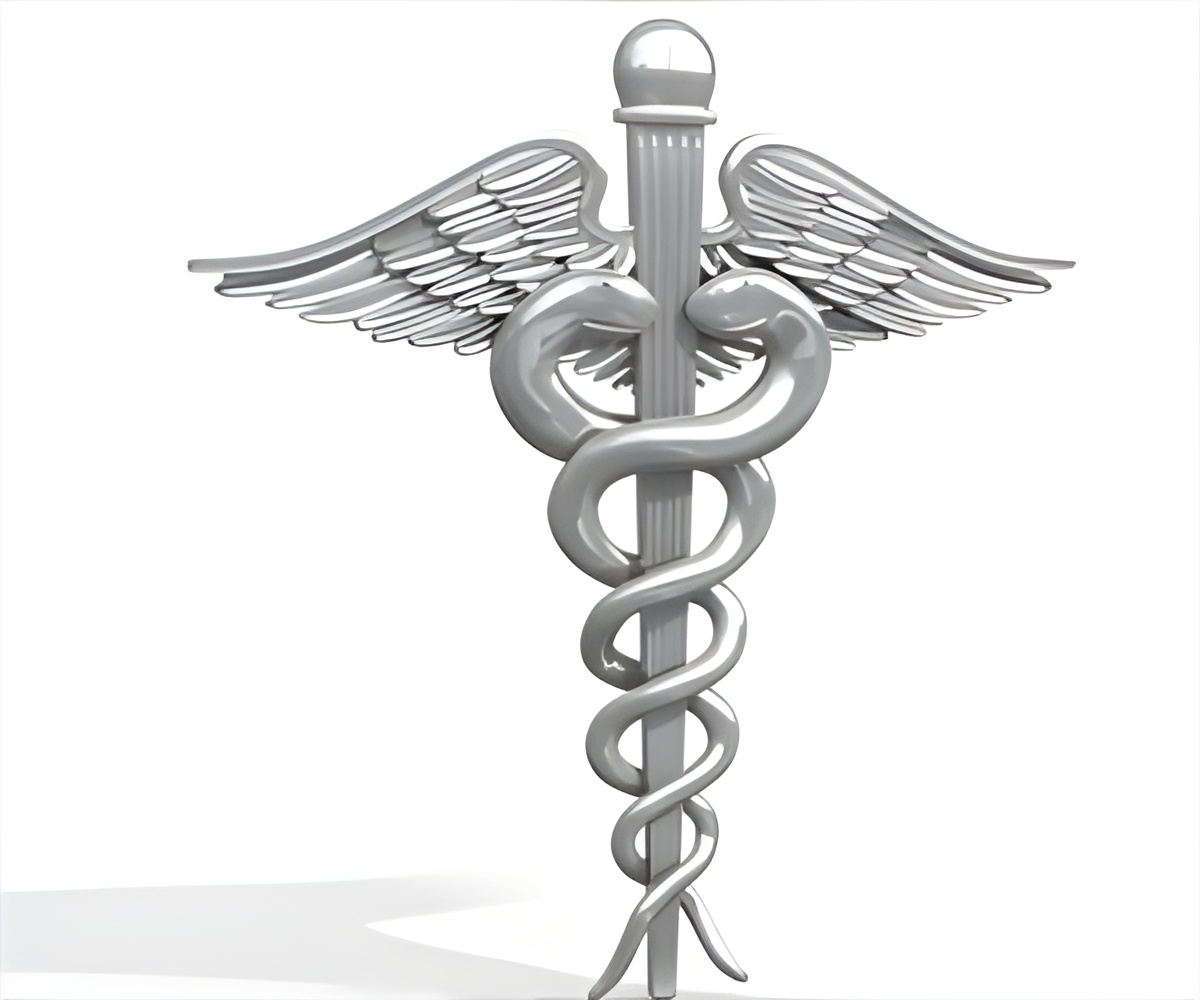Intimate partner violence, substance use disorder and mental illness may be as threatening to maternal health in United States cities as medical issues.

Although substance use, serious mental illness and IPV may also be exacerbated by pregnancy and are known to worsen perinatal outcomes, deaths specifically due to these causes are not included in current definitions of U.S. maternal mortality.
Rather than focusing on maternal mortality cases alone, researchers reviewed cases of all women who died during or within a year of pregnancy in Philadelphia from 2010 to 2014. They extracted cause of death, contributing factors and any recorded history of health care use from the case summaries created by the medical examiner's office.
They found that approximately half (42 of 85) of pregnancy-associated deaths were from unintentional injuries, homicide or suicide. Drug overdose was the leading cause of death and substance use was noted during or around events leading to death in almost half of non-overdose deaths.
A history of serious mental illness was found in more than a third of non-suicide deaths. And a history of intimate partner violence was documented in 15 of 77 non-homicide deaths. Regardless of cause of death, nearly half of all decedents had an unscheduled hospital visit documented within a month of their death, suggesting missed opportunities to intervene in these deaths.
"Our analysis used a broader framework than traditional studies of death during pregnancy and found that a narrow focus on the medical causes of maternal mortality may be inadequate. Even women who died from medical causes frequently had histories of substance use disorder, serious mental illness or partner violence - hidden potential contributors to maternal mortality," explained lead author Pooja Mehta, assistant professor of obstetrics & gynecology at Boston University School of Medicine.
The researchers believe there are missed opportunities to intervene on behalf of those who are struggling during pregnancy, not just on Labor and Delivery, but also in emergency rooms, triage settings and in the community. "Out-of-the-box strategies such as shifting resources, screening and support to these other settings may be important for pregnant people at risk for poor outcomes who turn to the health system for a helping hand," she added.
 MEDINDIA
MEDINDIA




 Email
Email






